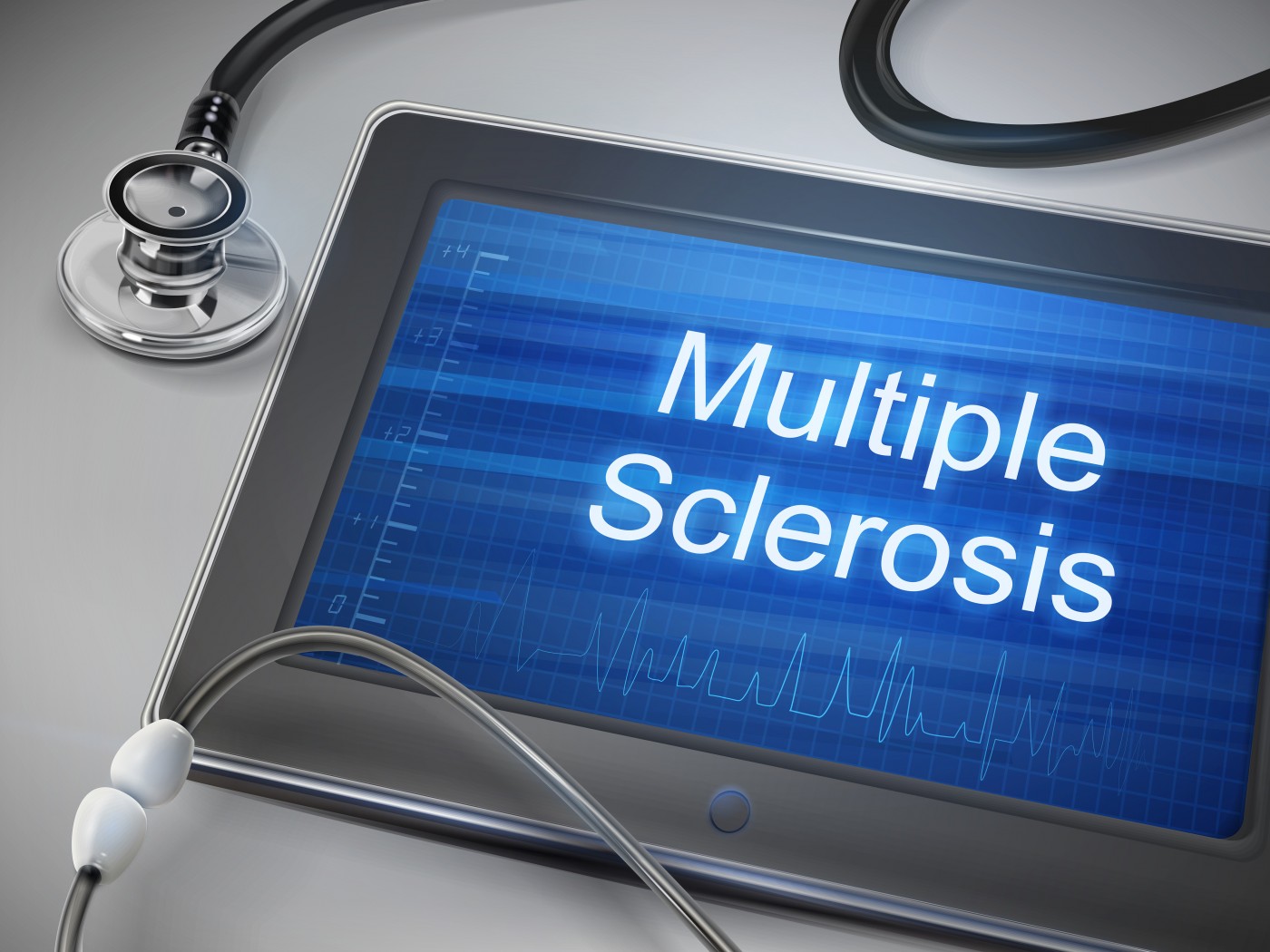MS Patients Using New Web-based Program to Manage and Integrate Care
Written by |

A team of researchers from the Netherlands have developed an interactive web-based program called MSmonitor that offers multiple sclerosis patients a way to manage and better integrate the multidisciplinary care they require. Pilot data from a study of its use is detailed in the article, “The interactive web-based program MSmonitor for self-management and multidisciplinary care in multiple sclerosis: concept, content, and pilot results,” published in the journal Dove Express.
Multiple sclerosis (MS) is a chronic inflammatory and degenerative disease of the central nervous system. Most MS patients, some 80%, begin with the disease’s relapsing-remitting form, characterized by recurrent episodes of new or worsening symptoms (relapses) followed by periods of remission, while others begin with the progressive form, marked by a slow but relentless increase in disability. Both forms are treated with anti-inflammatory immune-modulating or immune-suppressing drugs.
MS symptoms can lead to impaired motor function and cognitive disabilities. “[T]he accumulation of disabilities leads to the loss of independence, which in turn may negatively affect autonomy and self-efficacy. Low self-efficacy has been associated with lower HRQoL [health-related quality of life] and less physical activity. Since a lowered self-efficacy causes PwMS [persons with MS] to undervalue their actual capabilities, a vicious circle may start and still existing functions run a risk to eventually disappear,” the authors write in their study. “Self-efficacy may be increased via self-management. In general, self-management comprises interventions, education, training, and skills by which patients with a chronic condition, disability, or disease can effectively take care of themselves and learn how to do so.”
The team believed that MS patients could greatly benefit from the adoption of early self-management strategies. Therefore, Dr. Peter Joseph Jongen and colleagues, “set out to develop an interactive web-based program for self-management and professional multidisciplinary care in MS,”
MSmonitor was developed based on three notions: the patients’ need for autonomy, the multidisciplinary nature of MS care, and the need for collaboration among those involved in MS care. The program itself comprises validated questionnaires — including the Modified Fatigue Impact Scale-5 Item Version (MFIS-5) and the Leeds Multiple Sclerosis Quality of Life (LMSQoL), among others. The program also comprises: two inventories, a Miction Inventory (an overview of urological symptoms known to occur in MS) and the Medication and Adherence Inventory; two diaries, a Miction Diary (to document frequency and quantities of miction and of fluid intake) and an Activities Diary (to record activity and rest periods); and two functionalities, an e-logbook (a personal diary) and an e-consult (allowing patients to interact with healthcare providers).
The program is currently being used in 17 hospitals by 581 MS patients and their healthcare professionals. Researchers analyzed its role in fatigue management by retrospectively comparing fatigue and HRQoL before and after the employment of MSmonitor. The results revealed that patients who used the MFIS-5 and LMSQoL questionnaires at least twice in a period of up to six months (N=105) had improvements in HRQoL. In a subgroup that also used the Activities Diary twice or more (N=56), the frequency of diary use was found to modestly correlate with an improvement in fatigue.
The research team concluded that the interactive MSmonitor program is a valuable tool for disease management and care by MS patients, and that it may help improve symptom management, including fatigue, ultimately leading to an improvement in the patient’s quality of life.


